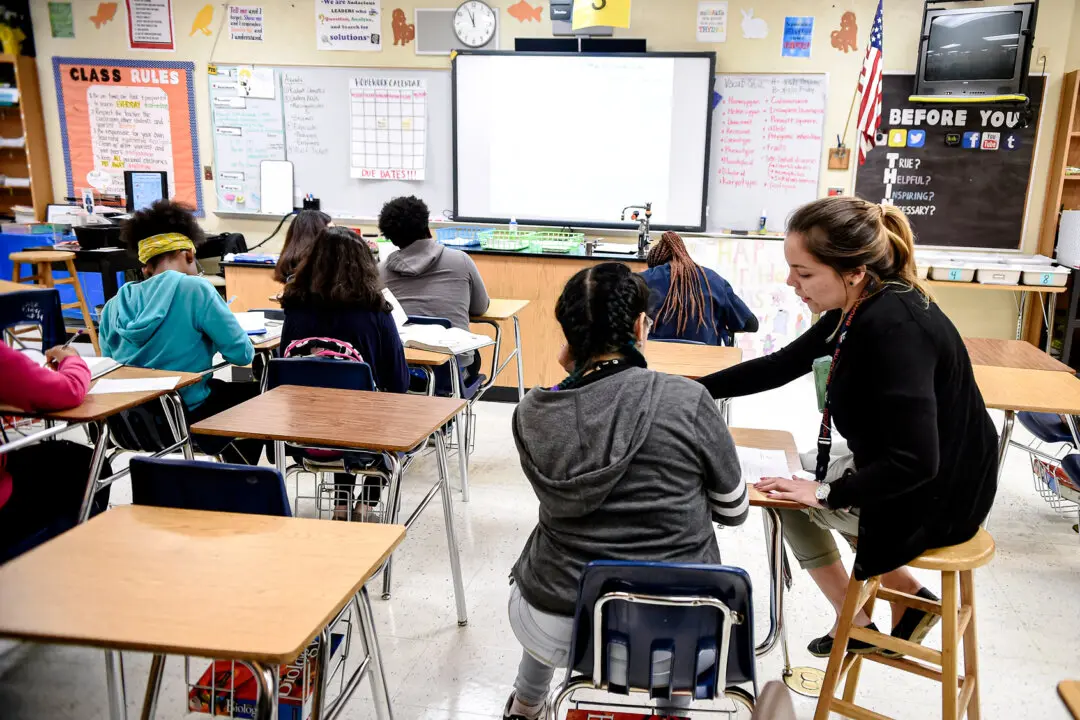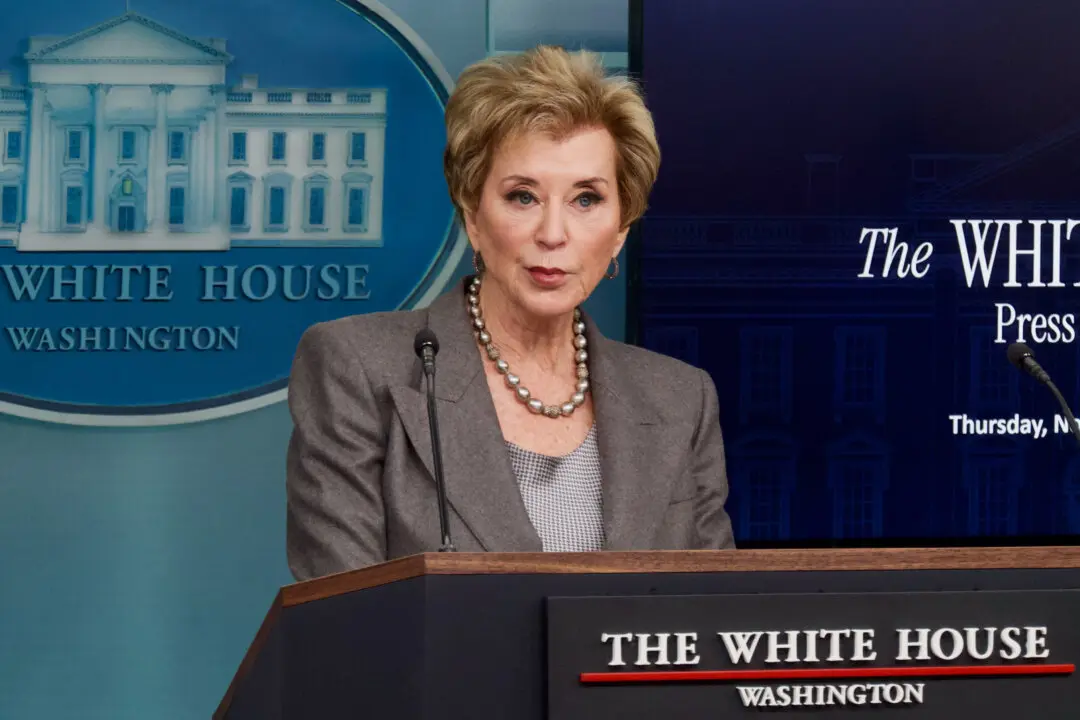Commentary
Suppose you have been diagnosed with a serious heart disease and you need open-heart surgery. Two surgeons are available to perform the procedure. The first surgeon was hired because of her skills and qualifications while the second was hired solely on the basis of his seniority. Which surgeon would you choose to perform the procedure?





